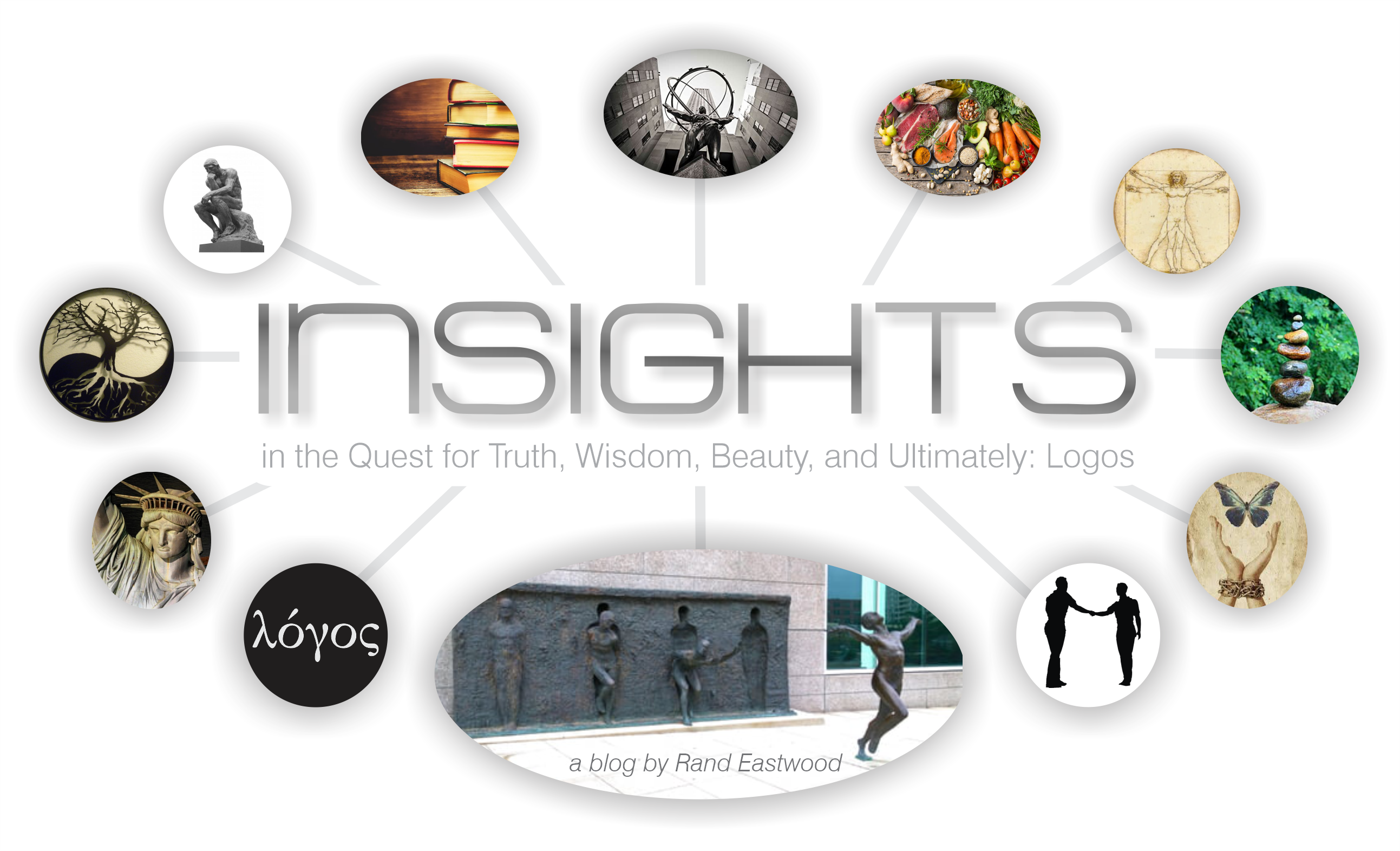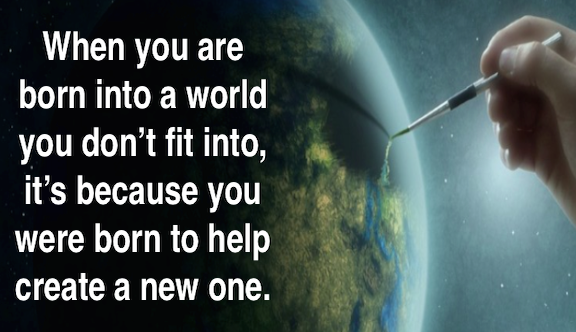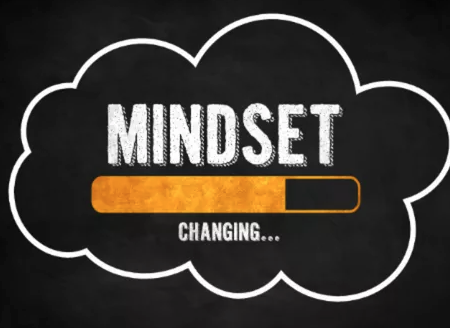In his profound book The Imitation of Christ, Thomas à Kempis states:
“From time to time, it is good for us to encounter troubles and adversities, for troubles compel us to search our hearts. It reminds us that we are strangers here and that we can have no hope of anything in this world.” (Chapter 12: On the uses of adversity)
So, though being in the world but not of the world on a philosophical level (Truth, integrity, authenticity, non-egocentric living, enlightenment, etc.) is indeed difficult—once we realize that we are in the world but not of the world on a spiritual level, it becomes a little easier…or at least a little more peaceful.
On the other hand, as Crista Solano points out in the below video, it is still a lonely road to walk.
I believe that Jesus was trying to teach us how to live—how to conduct ourselves individually—in order to manifest (Paradise, heaven on earth, the Kingdom of God, LogosLogos: the Divine reason implicit in the Universe, ordering it and giving it meaning; a primeval and eternal Truth available to everyone who seeks it; a unifying and liberating force which reconciles humanity with the Divine., etc.) in consonance with Tolstoy, who believed that the Kingdom of God is within us, and in consonance with Joseph Campbell, who said “the kingdom of God is in the hearts of men”, both citing Jesus’s statement from Luke 17:20-21:
“And being asked by the Pharisees, when the kingdom of God cometh, he answered them and said, The kingdom of God cometh not with observation: neither shall they say, Lo, here! or, There! for lo, the kingdom of God is within you.”
And readers of my blog already know that I have come to believe, in consonance with Gandhi as stated in his book Truth is God, and with A. G. Sertillages, O.P.—author of The Intellectual Life: Its Spirit, Conditions, Methods, in which he states: “The surest metaphysic tells us that at the summit of things, the true and the good are not only connected, but are identical”, that Truth is God, or at least Truth is Divine. As I often state:
“Truth is eternal, and therefore Divine; thus my quest for Truth is, in essence, a Spiritual one.”
All that said, I began my own quest for Truth nearly 30 years ago, and can absolutely relate to Crista’s almost surreal feeling of isolation and alienation from the mainstream of society today.
I debated sharing this video, but felt compelled; just understand that everyone’s interpretation of the teachings of Jesus can differ, as can their understanding of/relationship with God. But I think the overarching concept of good vs. evil—or as she characterizes it, Truth vs. deception—can be the common thread, the unifying determinant.
(Also, to watch her original video, or to follow Crista Solano, visit her accounts on the following platforms:
𝕏
Instagram
TikTok
Threads
Worth a watch:
@csolano4488 #God#awake#jesus#jesuschrist #christiantiktok #soulsearching #friends #family #godisgood #bible #biblestudy #study #truth #transparent #real #raw ##christianity #christisking ♬ Boundless Worship – Josué Novais Piano Worship
Subscribe to INSIGHTS Blog on Substack • Like/Follow INSIGHTS Blog on Facebook
Visit Lifeology Store • Like/Follow Lifeology Store on Facebook • View Rand’s Books on Amazon
A Note To Readers:
If you found this article (or any of the others, for that matter) interesting, informative, entertaining, etc., please consider subscribing to the INSIGHTS email newsletter: simply enter your email into the form below (also in the right sidebar)—or, if you prefer, just use this simple quick sign-up form. (Bonus: INSIGHTS subscribers receive a 20% discount at Lifeology Store, at checkout simply enter the discount code included in the welcome email upon subscribing!)
↓↓↓ Also, please hit the “Like” (thumbs up) button below. Thanks! ~ Rand




















